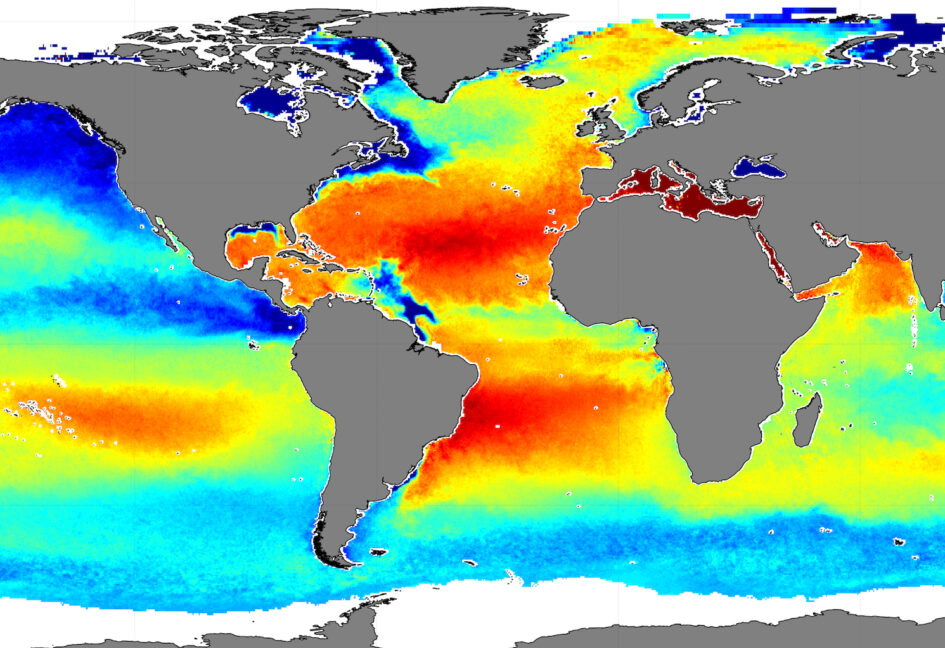In the discourse on economic systems, two common misconceptions often arise: the oversimplified belief that systems are rigidly either 100% capitalist or 100% socialist, and the erroneous idea that there exists a distinct third option between these extremes. In reality, countries inhabit a nuanced spectrum between capitalism and socialism.
To grasp this complexity, we turn to the analogy of water salinity in bodies of water, ranging from the pristine clarity of freshwater lakes to the intense salinity of brackish depths.
1. Switzerland’s Freshwater Clarity: Navigating Vast Economic Waters
Switzerland stands as a beacon of economic openness and individual freedom within its extensive financial and business sectors. Like the vast expanse of Lake Superior, Switzerland’s economic waters are crystal clear, reflecting a commitment to free-market principles and financial prowess.
2. Singapore’s Precision: Economic Elegance in Small Lakes
Singapore, akin to the precision found in smaller lakes, exemplifies economic elegance through meticulous governance. Its fine-tuned balance of state intervention and free-market principles creates a dynamic and pristine economic environment, much like the intricate ecosystems of smaller lakes.
3. Scandinavia’s Flow: Dynamic Streams of Economic Balance
Countries like Sweden and Denmark exhibit economic flows that balance collective responsibility and individual enterprise, akin to dynamic streams. These nations create economic currents that ripple with social welfare and capitalist undertones, showcasing the harmonious movement found in dynamic streams.
4. China’s Brackish Depths: Tidal Transitions in Economic Evolution
China’s economic landscape resembles brackish waters, where freshwater and saltwater intermingle. With tidal transitions in economic policies, China experiences shifts between collectivism and individualism, creating a dynamic environment reminiscent of the ebb and flow of brackish waters.
5. Cuba and North Korea: Stagnation in the Dead Sea of Economic Inflexibility
The economic environments of Cuba and North Korea mirror the stagnation found in the depths of the Dead Sea. Characterized by limited private ownership and rigid state control, these nations navigate economic waters with minimal flow, akin to the stillness of the Dead Sea’s unique environment.
Conclusion:
As we navigate the complex waters of economic systems, understanding them as existing on a spectrum rather than in rigid categories is crucial. The analogy of economic salinity in bodies of water provides a vivid lens for appreciating the diverse economic systems worldwide. From the pristine clarity of freshwater to the intense salinity of brackish depths, each nation contributes to the rich tapestry of economic possibilities.
 The Libertarian Catholic
The Libertarian Catholic
















